What a lovely meeting Volodymyr Zelensky and his European allies had with Donald Trump. The US President complimented Zelensky on his outfit, German Chancellor Merz on his “great tan,” and said that Finnish President Alexander Stubb was “looking better than I’ve ever seen you look!” Everyone – especially Zelensky – laughed uproariously at all Trump’s jokes. And all eight leaders present were at great pains to pretend that they were on the same page when it came to achieving peace in Ukraine.
But there was one small thing missing from this White House festival of bonhomie and mutual flattery, and that was a substantive discussion of the actual nuts and bolts of a deal that Vladimir Putin would be prepared to accept.
One of the elephants in the room was the question of whether Zelensky would be prepared to cede more territory in the Donbas as the price of peace. Another was whether Zelensky was ready to recognize formally part or all of the territories occupied by Putin since 2014 as parts of Russia. Indeed any questions to which Zelensky would be likely to say “no way!” remained tactfully un-discussed.
Trump seemed to have taken a page from the great diplomatist Bing Crosby’s playbook – you’ve got to accentuate the positive, eliminate the negative and (preferably) not mess with Mr. In-Between. Which is preferable, all agreed, to the course Trump took during Zelensky’s last visit to the Oval Office in February where the Ukrainian president was browbeaten, talked over, insulted and then dismissed. So in that important sense relations have improved considerably. True, unlike Putin, Zelensky got no red carpet, nor a ride in Trump’s presidential limousine. But he did at least receive a warm welcome and immediate words of praise for having worn a suit this time.
Anyone who hoped that Monday’s meeting would achieve a major breakthrough was disappointed. Trump repeatedly made it clear that it was he and Putin who were the main deciders of the peace process, Europe’s leaders the subordinates. He told his European visitors that he had spoken to Putin just before their meeting and would be calling him again right after. Trump was in his element as he acted as master of ceremonies, treating the European leaders like a CEO consulting his board members before top-level negotiations with a rival company.
There was one clear signal, though, of the key issue which will be pivotal in the endgame of the war – security guarantees for Ukraine from its Western allies. Putin, in his remarks after his meeting with Trump in Alaska, mentioned that he was “naturally prepared to work on” security guarantees to Ukraine. Trump later claimed in calls to his European colleagues that Putin had “agreed” to such guarantees – and later leaks from the White House suggested that the US would also be amenable to signing up too.
In the White House on Monday Georgia Meloni led the charge on trying to define what those guarantees would look like, suggesting that they should mirror NATO’s Article 5 that calls for (but, importantly, does not oblige) members to regard an attack on one as an attack on them all. Sir Keir Starmer suggested that “we’re talking about security not just of Ukraine, we’re talking about the security of Europe and the United Kingdom as well.”
In TV appearances, both Secretary of State Marco Rubio and Trump’s special envoy to Russia Steve Witkoff have emphasized the idea of security guarantees to Ukraine as a major breakthrough. In truth, such proposed covenants are nothing new. In Istanbul in April 2022 several draft agreements drawn up in the course of talks between Ukraine and Russia included detailed clauses on the scope and nature of possible Western security guarantees outside the framework of NATO. But those peace talks were abandoned in favor of isolating Russia and encouraging Ukraine to defeat Moscow’s forces in the field.
Crucially, in Istanbul the Russians had – absurdly – demanded to be a guarantor of Ukraine of future security, just as they had been in the Budapest Memorandum of 1994, and to have a veto over any international intervention. That would obviously have rendered the whole idea of a security guarantee ridiculous. It remains to be seen if Putin chooses to reprise that extraordinary, deal-breaking demand. But more likely the Kremlin will suggest that China be one of the future guarantors of Ukraine’s security, which will pose a mind-bending new set of challenges for Ukraine’s allies.
Overall, though, all sides can be content with the Washington conference. There was no breakthrough, but neither was there a trainwreck. Importantly, Trump forbore from browbeating the Europeans for freeloading on US military budgets, for failing to pull their weight in arming Ukraine, or for failing to stop the war when they could have – all previous MAGA talking points. And Trump also did not push back on a single European argument, even when France’s Emmanuel Macron and Merz both spoke of returning to the idea of a ceasefire before final peace talks. That point had already been jettisoned by Trump at Anchorage when he bought into Putin’s new timetable, but he was tactful enough not to remind his guests of that.
The Europeans, for their part, did not blast Trump for abandoning Ukraine by cutting off weapons and money, nor accuse him of selling Kyiv’s interests down the river, nor did they denounce him for giving an indicted war criminal the red carpet treatment or demand why Putin had not been arrested on arrival in Anchorage. In short, everyone in the room – including Trump himself – was on best behavior.
Is best behavior the same as actual Western unity? It is as long as nobody raises the difficult questions such as land giveaways, Russian language rights, return of stolen children, payment of reparations, lifting of sanctions on Russia, unbanning pro-Russian political parties and TV stations, lifting Ukrainian sanctions on five thousand of Zelensky’s political opponents, or holding long overdue elections, to name just a few of the thorny issues that stand on the road from war to peace.
Trump’s next step, he says, will be to organize a trilateral meeting with himself, Putin and Zelensky. It’s a tall order – not least because Putin has made it clear that he doesn’t consider Zelensky a legitimate leader and Zelensky passed an actual law in 2022 forbidding negotiations with the Putin regime. And if it does happen, we can be sure that all the thorniest of questions will be asked right up front – and nobody will be on their best behavior.



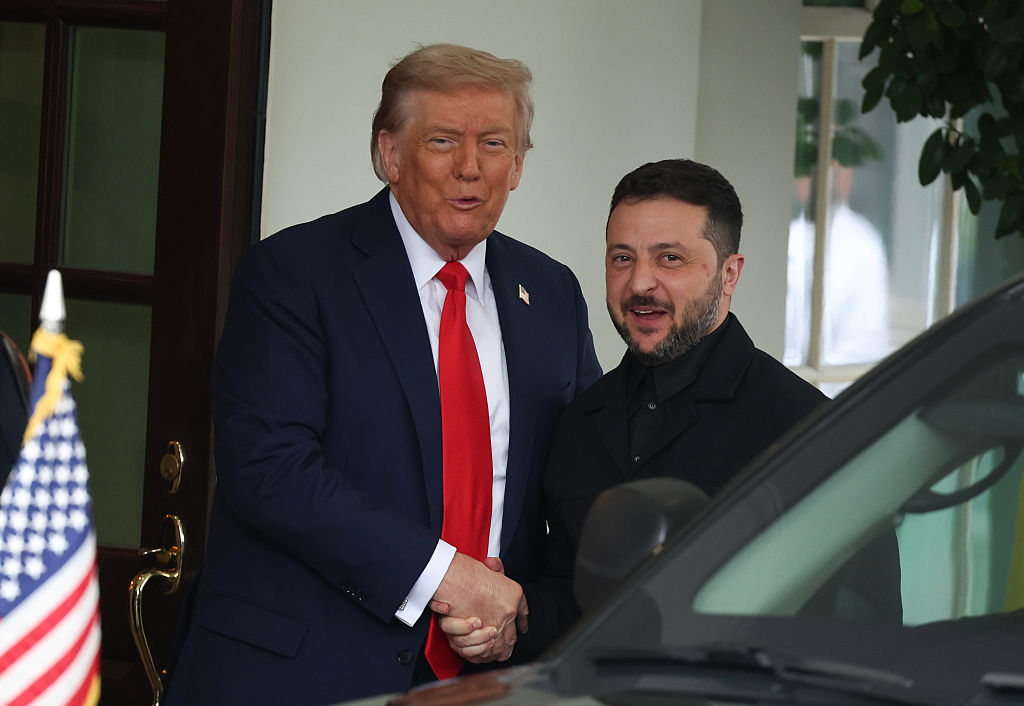






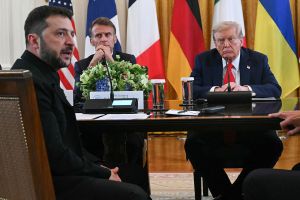

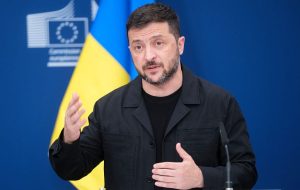

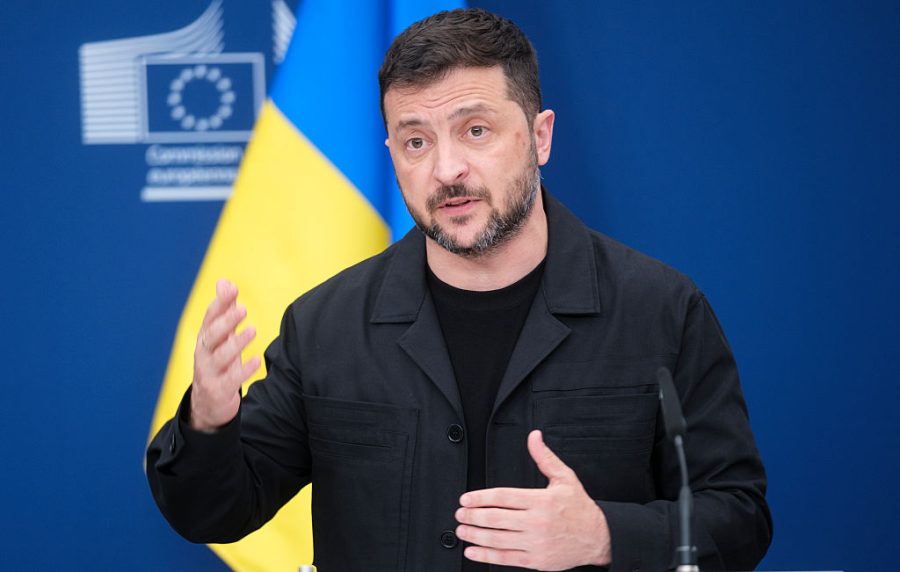
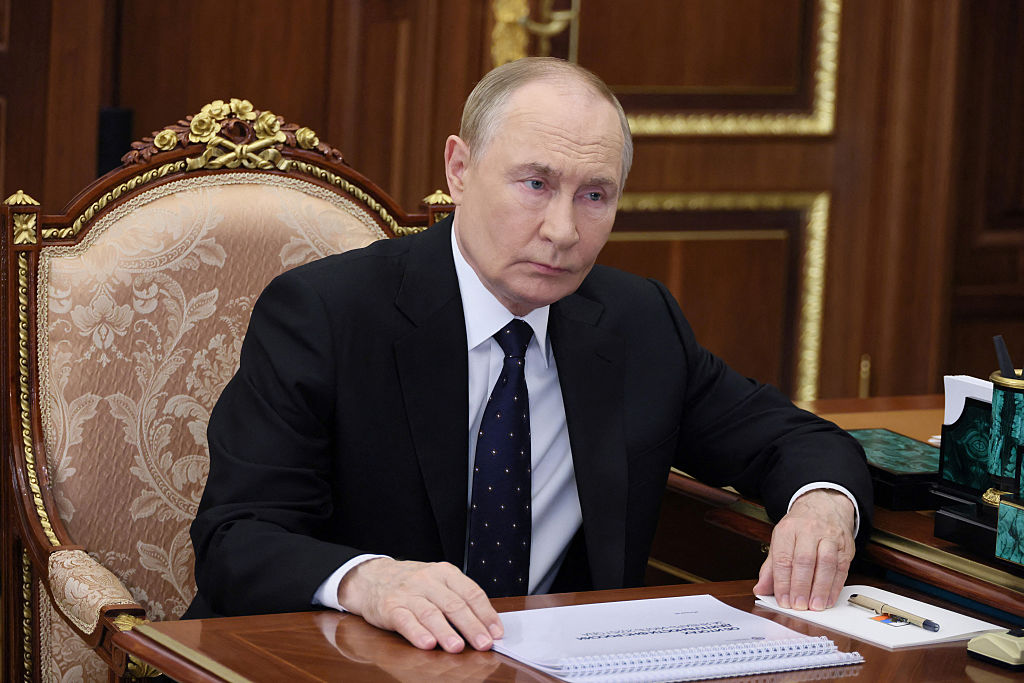
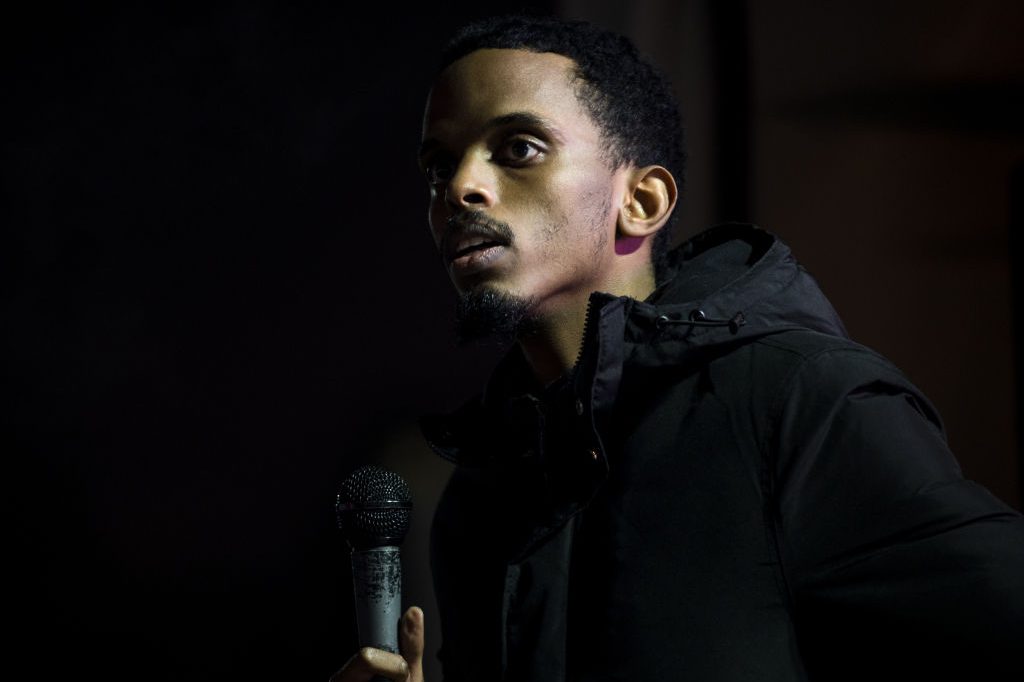
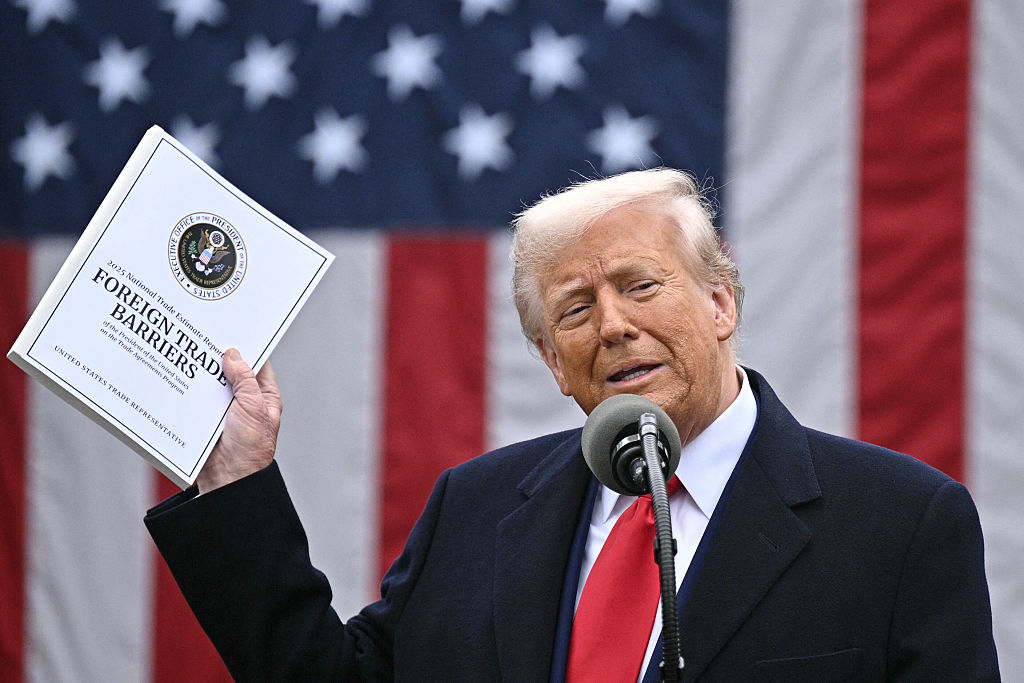
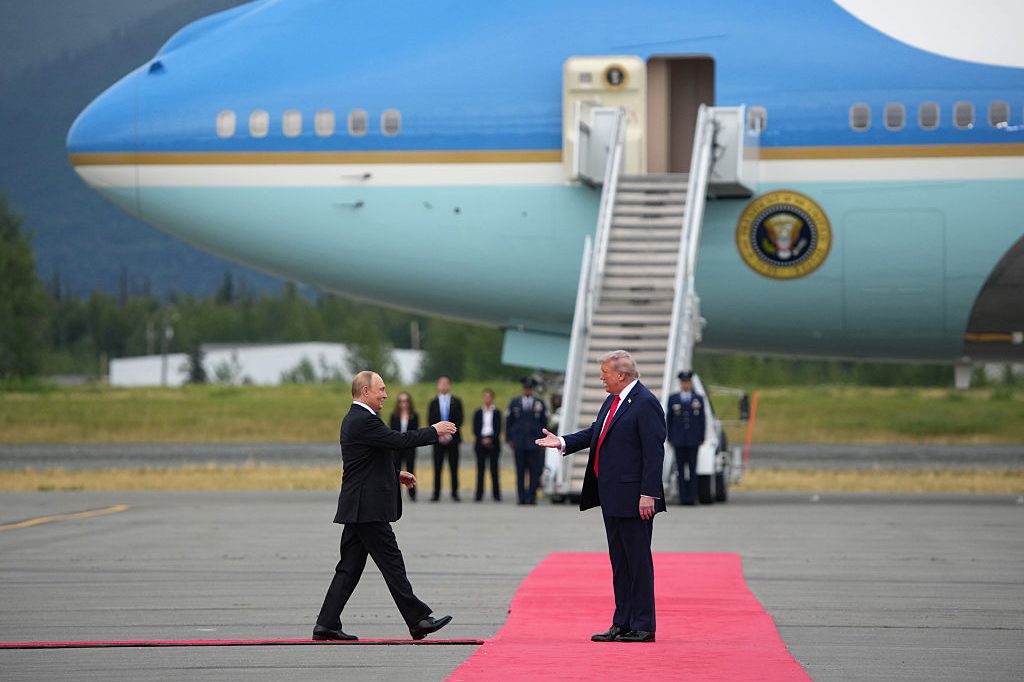







Leave a Reply